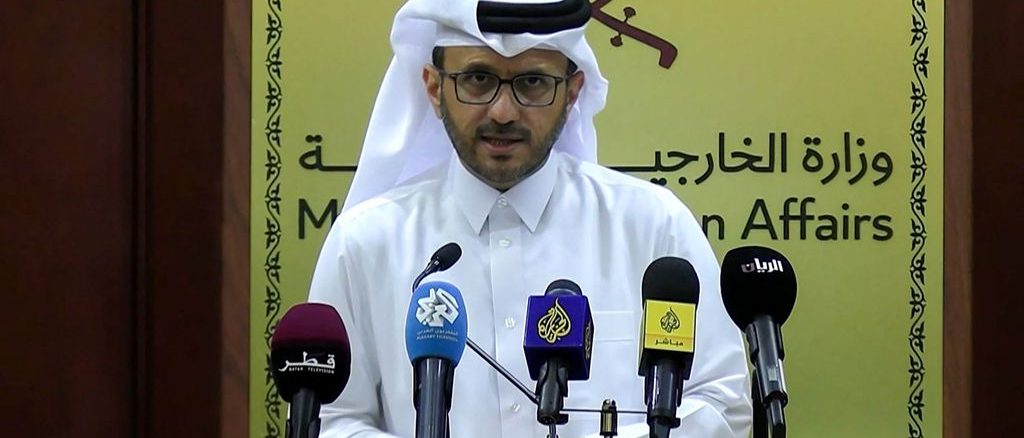
Hamas Agreement, Israel Silent: Five questions about negotiations for cease-fire in Gaza
Hamas announced on Sunday that it would agree with a new proposal for a ceasefire in Gaza, prepared by mediators Qatar and Egypt. But whether this is really a start of the end of the war is uncertain. These are the most important questions and answers:
1. What is it in the new proposal?
The plan provides for a ceasefire of sixty days. In that period, Israeli troops would partially withdraw to allow humanitarian aid on a large scale. A prison exchange is also part of the proposal: ten hostages – half the number that would still be alive – would be released in exchange for 150 Palestinian prisoners. Bodies of dead hostages would also be handed over. With a second phase, all hostages should be released.
According to the Qatarese spokesperson Majed Al-Ansari, the proposal is “almost identical” to an earlier plan of the American Middle East envoy Witkoff, to which Israel had largely approved. “Almost 98 percent of what Israel had approved is in this proposal,” he said.
2. Why is this moment important?
The announcement comes at a critical moment. Israel is preparing a large-scale military attack for Gaza city, the largest urban center of the Palestinian enclave. The eastern parts of the city have been bombed by Israel for days. Prime Minister Netanyahu said on Monday that the army “is about to complete missions” and that “Hamas is under enormous pressure”.
At the same time, aid organizations warn of famine in Gaza. Amnesty International has been accusing Israel of a “conscious campaign of starvation” for some time. According to the health authorities in Gaza, more than 62,000 Palestinians have since been killed by Israel since the outbreak of the war in October 2023. No distinction is made between Hamas fighters and civilian victims.
3. How does Israel react?
So far, Israel has not yet given an official answer to the proposal. Al-Ansari confirmed that there is “no timetable” for a reaction from Israeli side.
Israeli leaders make mixed signals. Defense minister Katz suggested that Hamas is only negotiating for fear of the announced attack on and occupation of Gaza city.
The extreme right-wing ministers Ben-Gvir and Smotrich are fiercely against a ceasefire. Smotrich warned that Israel should not throw “the enemy a lifebuoy”. Previously, Netanyahu has hinted that he no longer sees “partial deals”; He only wants an agreement in which all hostages are released at the same time.
4. What does the international community do?
Qatar and Egypt again play the role of mediator in this proposal. The Qatarese Prime Minister was in Cairo on Monday for consultation with Egyptian President Al-Sisi. Both emphasized that the re -occupation or the expulsion of Palestinians from Gaza is unacceptable. Both countries hope that the current proposal is a stepping stone to a broader agreement.
Al-Ansari said in Doha that the goal is to “reach a comprehensive agreement explicitly, which ends the war”. Yet experts warn that earlier attempts did not end up, especially since Israel always sticks to temporary cease -up positions.
In the meantime, the pressure within Israel itself is growing. On Sunday, an estimated 400,000 people took to the streets in Tel Aviv and Jerusalem to demand a deal about the release of the hostages.
5. What are the prospects?
Hamas has officially said ‘yes’, but not Israel yet, especially because it wants to keep room for military operations. The new plan is close to the earlier proposals that Israel itself largely accepted, but political division within the Israeli government makes that uncertain.
In the meantime, the situation remains criticism for the population of Gaza. Aid organizations warn that every delay costs lives, both through famine and by the constant Israeli bombing. It is now up to Israel to respond to the proposal, which, according to the mediators, offers the “best chance to end” to end the war.
Share article:

Be the first to comment